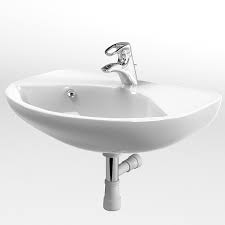记忆方法
将“lavatory”拆分为“lav”和“-tory”。将“lav”想象成“洗”(清洗)的缩写,而“-tory”联想为“地方”,组合起来就是“洗手的地方”,即“洗手间”。这样的联想可以帮助记忆“lavatory”这个词的含义。
以上内容由AI生成, 仅供参考和借鉴
中文词源
lavatory 厕所,洗手间
来自PIE*leu,冲洗,清洗,词源同latrine,dilute,antediluvian.用于指厕所,洗手间等。
英语词源
- lavatory
-
lavatory: [14] The notion of ‘washing’ was represented in prehistoric Indo-European by *lou-, which produced Greek loúein ‘wash’, English lather, and Latin lavāre ‘wash’. This last has been a fruitful source of English words, not all of them as obvious as lavatory, which originally meant simply ‘place or vessel for washing’ (its use for a ‘room containing a water closet’ appears to date from the 19th century).
Among its relatives are deluge [14], latrine [17] (from a contraction of Latin lavātrīna), laundry, lava [18] (from Italian lava, which originally denoted a ‘stream caused by sudden rain’), lavish [15] (from the metaphorical notion of an ‘outpouring’), and lotion [14]. And from Latin luere, the form taken on by lavāre after prefixes, we get ablution [14] and dilute [16]. Lavender [15] looks as though it should belong to the same family, but no actual connection has ever been demonstrated.
=> ablution, deluge, dilute, lather, latrine, laundry, lava, lavish, lotion - lavatory (n.)
- late 14c., "washbasin," from Latin lavatorium "place for washing," noun use of neuter of adjective lavatorius "pertaining to washing," from lavatus, past participle of lavare "to wash" (see lave). Sense of "washroom" is first attested 1650s; as a euphemism for "toilet, W.C.," it is attested by 1864.
权威例句
- 1. There's a bathroom and a lavatory upstairs.
- 楼上有浴室和卫生间。
- 2. Is there any lavatory in this building?
- 这座楼里有厕所 吗 ?
- 3. Is the lavatory vacant?
- 厕所里没人 吧 ?
- 4. The lavatory cistern overflowed.
- 厕所水箱的水溢出来了.
- 5. The criminal put the torn papers in the lavatory and tried to flush them away.
- 罪犯把撕碎的纸放进厕所企图冲掉.
